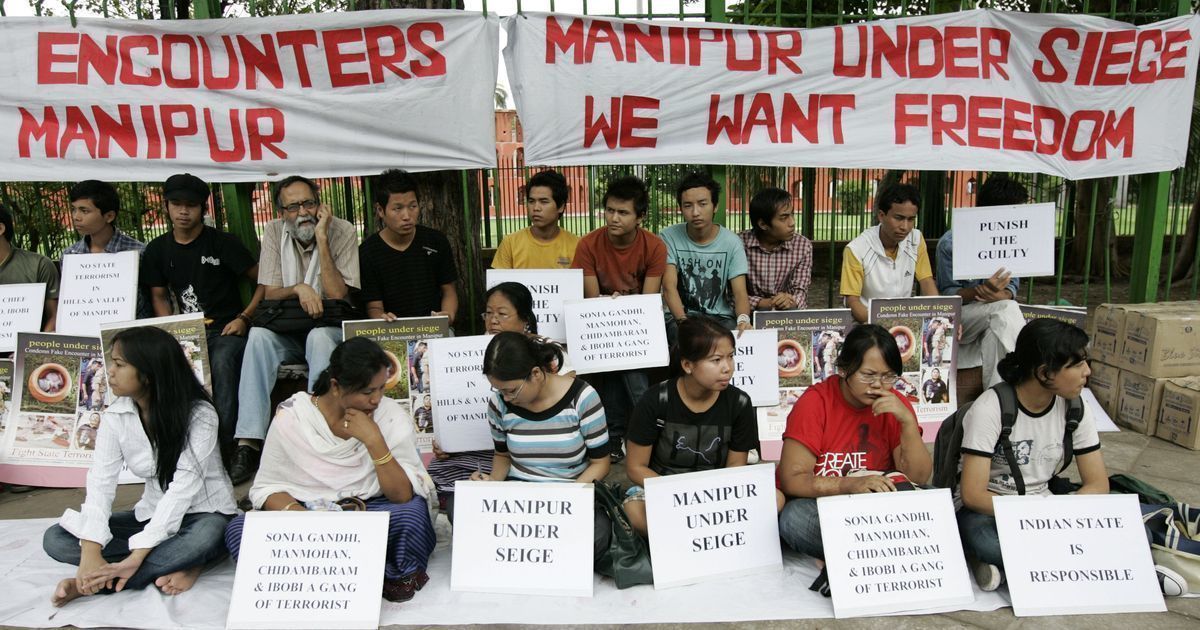The northeastern state of Manipur has been grappling with a deeply unsettling reality – the denial of justice and closure for victims of extrajudicial killings. A recent report highlights the disturbing trend of impunity, raising questions about the lack of accountability for security forces involved in such incidents. Manipur’s quest for justice has been long and arduous, with the state and its people seeking the truth and reparation for past atrocities.
Over the years, numerous cases of alleged extrajudicial killings have come to light in Manipur, prompting outrage and calls for accountability from civil society groups, human rights organizations, and concerned citizens. However, despite the gravity of the allegations and growing public pressure, few cases have seen convictions or even adequate investigations.
The denial of justice has only further exacerbated the grievances of the affected families and communities, leaving them in a state of perpetual anguish and uncertainty. Many families continue to fight for the truth, seeking closure and redress for the loss of their loved ones who fell victim to extrajudicial killings.
The Supreme Court’s recent decision to uphold the decision to close over 1,500 cases of alleged extrajudicial killings in Manipur has further stoked public outrage and dismay. The court cited insufficient evidence as the reason for closing the cases, leaving many feeling disillusioned and disheartened.
Amidst this backdrop, the people of Manipur have expressed their profound disappointment, stating that they deserved at least an apology for the loss and suffering endured. The demand for accountability has only grown louder, with citizens calling for a fair and impartial investigation into the alleged extrajudicial killings to ensure justice prevails.
Human rights defenders and activists have emphasized the need for an independent and transparent process to investigate past incidents of extrajudicial killings and hold those responsible accountable. They argue that the denial of justice not only perpetuates a culture of impunity but also erodes public trust in the rule of law and the institutions entrusted with upholding justice.
As Manipur continues its struggle for accountability, there is a pressing need for a comprehensive and compassionate approach towards addressing the grievances of the affected families and communities. Acknowledging past wrongs and ensuring accountability can serve as a crucial step towards healing the wounds of the past and rebuilding trust in the justice system.
The denial of justice in Manipur stands as a stark reminder of the importance of upholding human rights and ensuring that those responsible for atrocities are held accountable. Addressing past injustices can lay the groundwork for a more just and equitable society, fostering reconciliation and paving the way for a brighter future for the people of Manipur.










